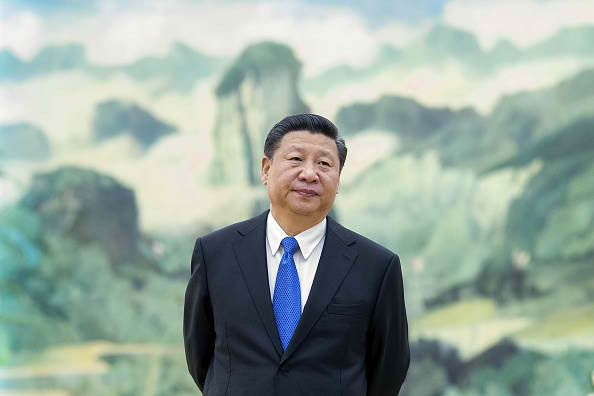When President Xi Jinping was called China's core leader, this puts him in the same rank as the country's strong leaders Mao Zedong and Deng Xiaoping. Xi said that he will not use absolute power.
Not all leaders are called core leaders. This pronouncement of the Communist Party meant that the leadership is willing to be subjected by Xi's leadership and without much resistance.
After a four-day meeting, the Communist Party released a communique stating that "the system must always be followed and should not be violated by any organization or individual under any circumstance or for any reason."
Analysts said Xi has more power to make economic and political decisions. This power should be used to save a country that is going a downward spiral.
According to Zhang Lifan, a political analyst based in Beijing, "If the economy continues to go downhill and the rifts in society become more serious, the responsibility of the core is greater. Your relative power and authority are greater, everyone is deferring to you. But they will be watching to see if your leadership is good or bad."
Steve Tsang of the University of Nottingham said that the label will also mean that Xi can seek for a third term.
He said, "There's still a lot of unanswered questions. Will his successor be named? Will Xi get a third term?"
Xi's term ends in 2022 but there are rumors that the President is likely to seek a third term. If Xi does not go for the presidency, he will still be the Party's top senior officials.
The New York Times' China correspondent Chris Buckley wrote that Xi's assumption as core leader will have implications that penetrate to the ground level.
He wrote, "Which officials will be assigned to cities and provinces that give them a good shot at joining the elite Politburo and its Standing Committee? The pattern of who rises will tell us something about the balance of forces inside the elite."



























